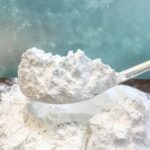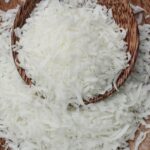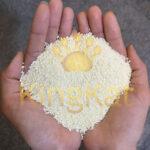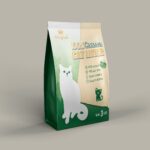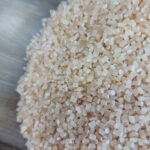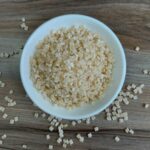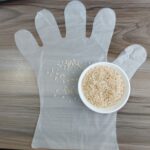CASHEW NUT SHELL OIL
Udon noodles, a staple of Japanese cuisine, are beloved worldwide for their chewy, smooth texture and comforting taste. As consumer demand rises for high-quality, shelf-stable noodle products, food technologists and manufacturers are turning to functional starch solutions like Acetylated Distarch Adipate (E1422) to meet these expectations. This modified starch offers exceptional functional benefits in Udon noodle production, making it a preferred ingredient for both instant and fresh noodle applications.
Table of Contents
ToggleWhat is Acetylated Distarch Adipate (E1422)?
Acetylated Distarch Adipate (E1422) is a modified starch created by treating native starch—often from tapioca—with acetic anhydride and adipic anhydride. This chemical modification enhances the starch’s resistance to heat, acid, shear, and retrogradation, making it more stable than native starch during processing and storage.
Key properties of E1422 include:
High freeze-thaw stability
Excellent thickening and stabilizing capacity
Reduced syneresis (water separation)
Enhanced paste clarity and viscosity control
These characteristics make E1422 ideal for foods requiring repeated heating or frozen storage—like Udon noodles.
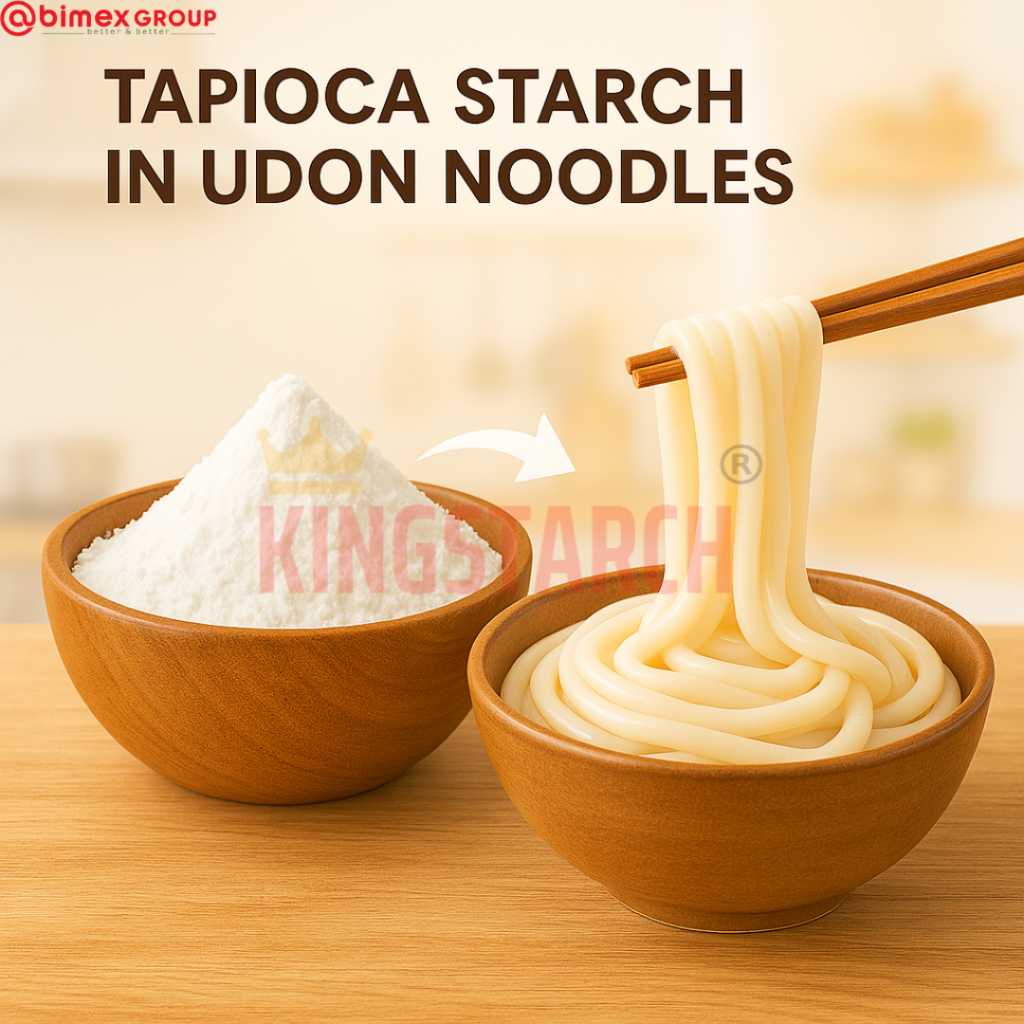
The Role of E1422 in Udon Noodle Production
In Udon noodle applications, texture is everything. Consumers expect a balance of firmness and chewiness that holds even after boiling or reheating. E1422 significantly improves the physical and sensory qualities of Udon noodles throughout production, cooking, and shelf life.
Key benefits include:
Improved elasticity and chewiness: E1422 enhances the bite and mouthfeel of noodles, mimicking the traditional hand-made texture.
Better dough handling: It improves dough cohesiveness and machinability, ensuring consistency during large-scale production.
Heat and shear stability: Ensures the noodle structure remains intact during boiling and sterilization processes.
Boosting Shelf Life and Freeze-Thaw Stability
For pre-cooked, frozen, or chilled Udon products, starch retrogradation and water separation can lead to soggy textures and an unpleasant mouthfeel. E1422 addresses this with superior resistance to retrogradation, helping noodles maintain their original texture after thawing or reheating.
Its excellent freeze-thaw performance makes it ideal for:
Frozen Udon packs (microwavable or boil-ready)
Chilled ready-to-eat noodle meals
Shelf-stable Udon products in retort packaging
Scientific Evidence Supporting E1422 in Noodles
Studies on acetylated distarch adipate have demonstrated improvements in noodle texture and water retention. For example, research published in Food Hydrocolloids indicates that noodles made with modified starches like E1422 show less cooking loss, better springiness, and improved tensile strength. This is especially valuable in maintaining product quality during distribution and long storage periods.
Furthermore, tapioca-based E1422 offers a neutral taste and smooth paste clarity, which aligns well with the sensory expectations of premium Udon noodles.
Considerations for Manufacturers
While E1422 delivers significant benefits, manufacturers should consider:
Optimizing dosage based on the type of noodle and processing method
Compliance with local food regulations, especially for exports (E1422 is widely accepted in most markets but still requires labeling)
Cost-performance analysis—while slightly more expensive than native starch, its functionality often reduces losses and enhances product quality
Future Trends and Market Potential
As convenience foods and ready-to-eat noodle meals surge in popularity, starch innovations like E1422 are becoming critical. Health-conscious consumers also favor clean, plant-based solutions—making tapioca-based E1422 a strong market contender.
Innovative product lines such as high-protein Udon, gluten-free noodles, or gourmet frozen kits can all benefit from E1422’s superior performance.
Conclusion
Acetylated Distarch Adipate (E1422) is redefining the standard for Udon noodles—enhancing elasticity, improving freeze-thaw stability, and delivering a consistent, high-quality eating experience. For food producers aiming to innovate while meeting modern consumer expectations, E1422 offers a reliable, functional, and scalable starch solution.
Partner with Abimex Group to source premium-grade tapioca-based E1422 and elevate your noodle products to the next level. Visit us at abimexco.com.

